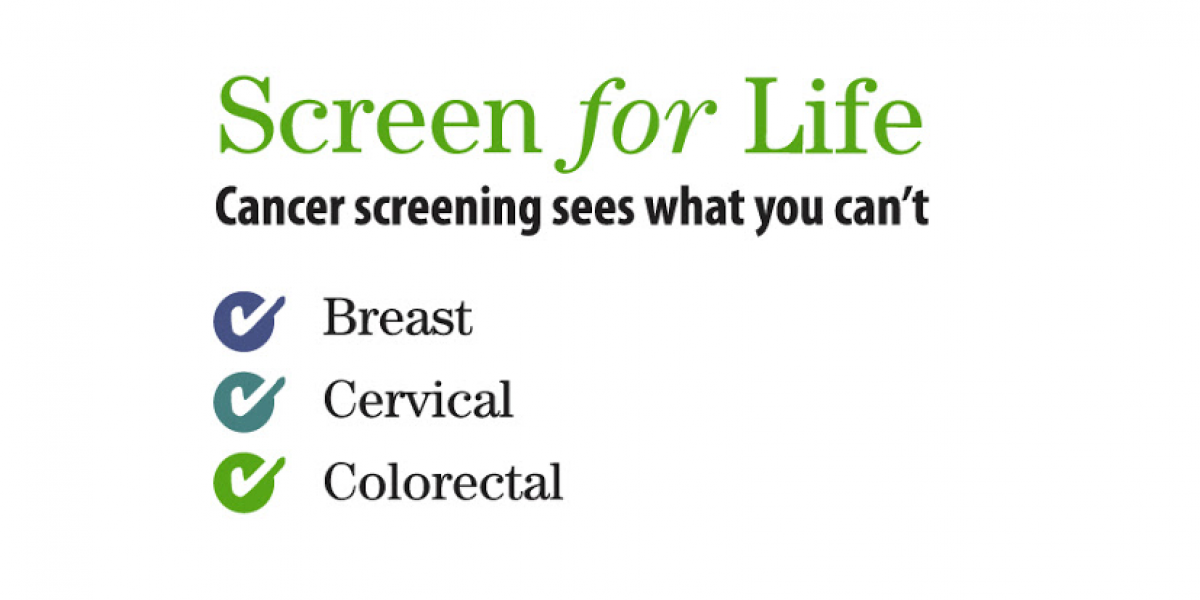Cancer screening tests are part of regular medical care and are important to complete even if you feel well and have a healthy lifestyle.
Screening tests help find specific types of cancer at an early stage, in people who do not yet have symptoms and when there is a better chance of treating it successfully.
Below are Cancer Care Ontario’s screening recommendations for individuals who are at average risk of developing cancer. Some individuals may be at higher risk of cancer due to their own personal risk factors, such as their family history (having a parent or sibling that has been diagnosed with the disease). You are encouraged to talk to your family physician or nurse practitioner to learn more about your risk of cancer and what screening tests you are eligible to receive.
Breast Cancer Screening: Before the age of 50, begin breast self-examinations. Learn what is normal for your breasts and tell your healthcare provider if you notice any changes. If you are between the ages of 50 to 74, the Ontario Breast Screening Program recommends that most women in your age group get screened with mammography every 2 years. Mammography is a test that uses low-dose X-rays to make images of the breasts. This is the most reliable method of finding breast cancer.
Cervical Cancer Screening: The Ontario Cervical Screening Program recommends that women who are or have been sexually active have a Pap test every 3 years starting at age 21. Regular screening should continue until at least age 70 or when advised by a physician or nurse practitioner to stop. Pap tests are a simple test used to look for any changes in the cells of the cervix that may lead to cancer before women feel any symptoms.
Colorectal Cancer Screening: The ColonCancerCheck Program recommends that women and men between the ages of 50 to 74 complete a FIT (Fecal Immunochemical Test) every 2 years. FITs check your stool (poop) for tiny amounts of blood, which could be caused by colorectal cancer or some pre-cancerous polyps (abnormal growths in the colon or rectum that can turn into cancer over time).
Not all types of screening tests are available in our communities along the North Shore; therefore, traveling to larger cities is sometimes required in order to receive these services. The Screen for Life Coach is a mobile cancer screening service that aims to help make cancer screening services more accessible and convenient by traveling to communities across Northwestern Ontario by offering breast, cervical and colorectal screening in one convenient location.
The Screen for Life Coach will be in Marathon from September 7th to October 8th, 2020. It will be located in the parking lot of Wilson Memorial General Hospital.
If you are eligible for breast, cervical or colorectal cancer screening, consider making an appointment – it could save your life!
For more information on the Screen for Life Coach or to book an appointment, call 1-800-461-7031 or visit www.tbrhsc.net/screenforlife.
To learn more about your personal cancer risk, consider visiting the My CancerIQ website: https://www.mycanceriq.ca/.



